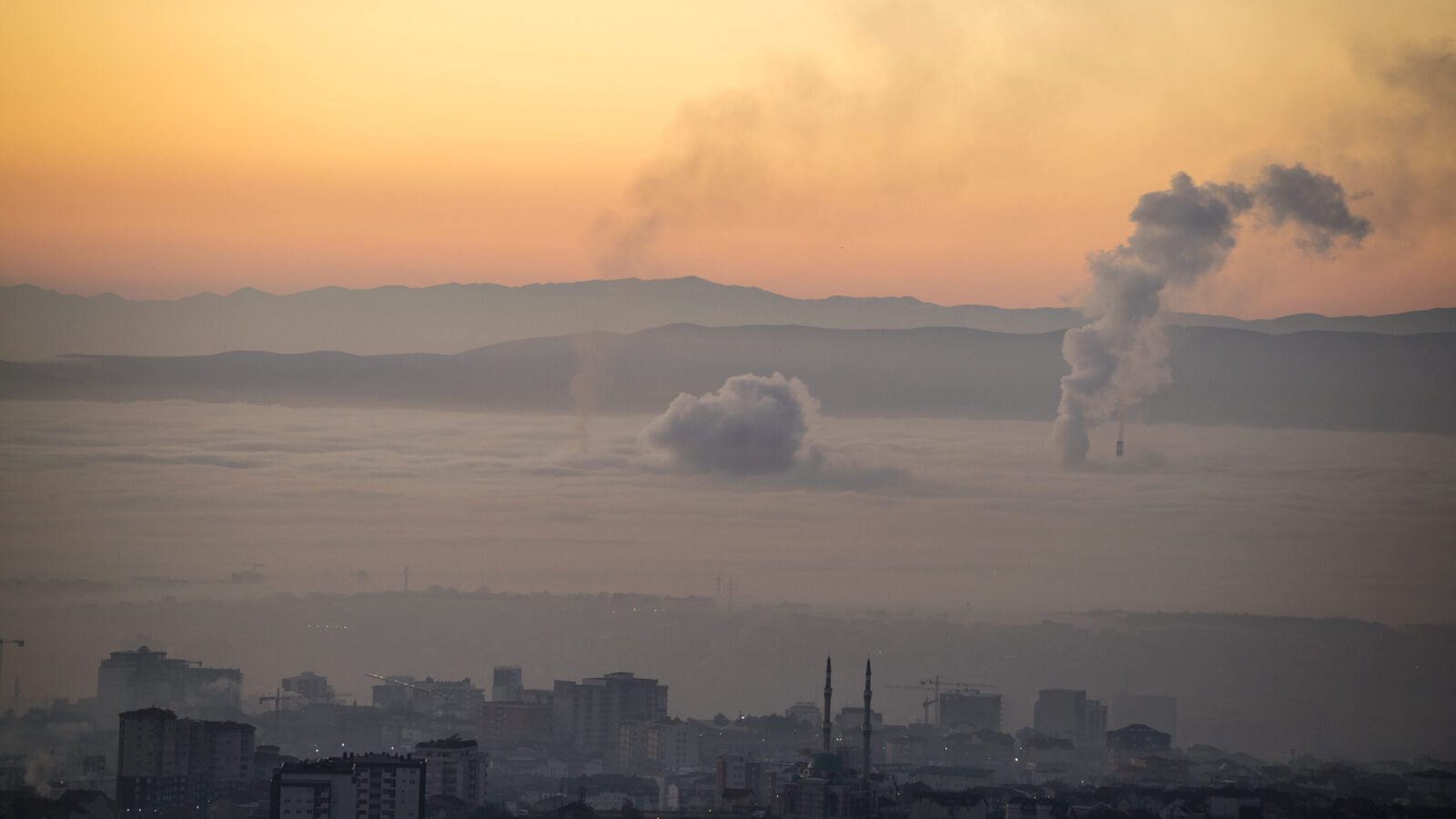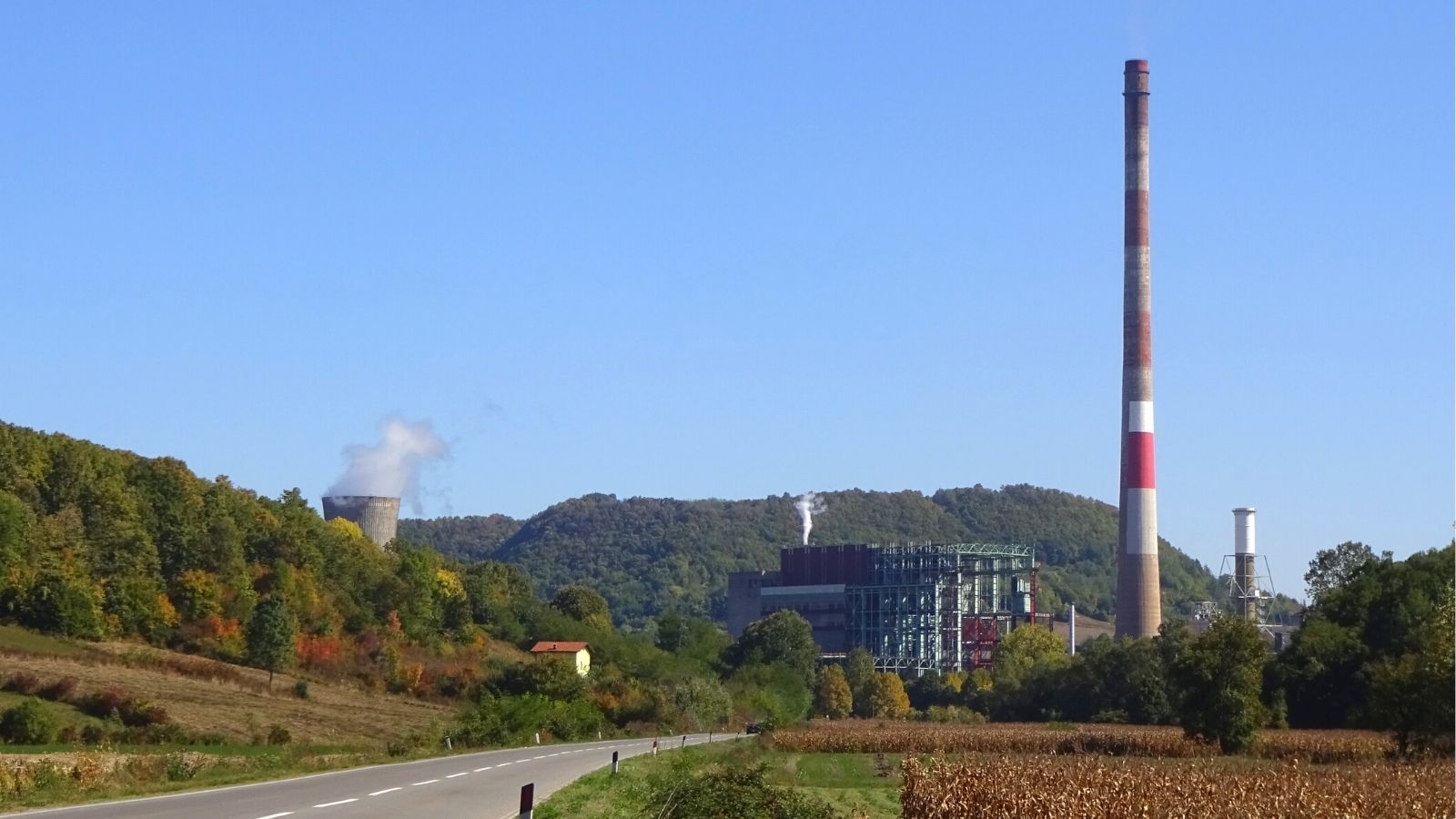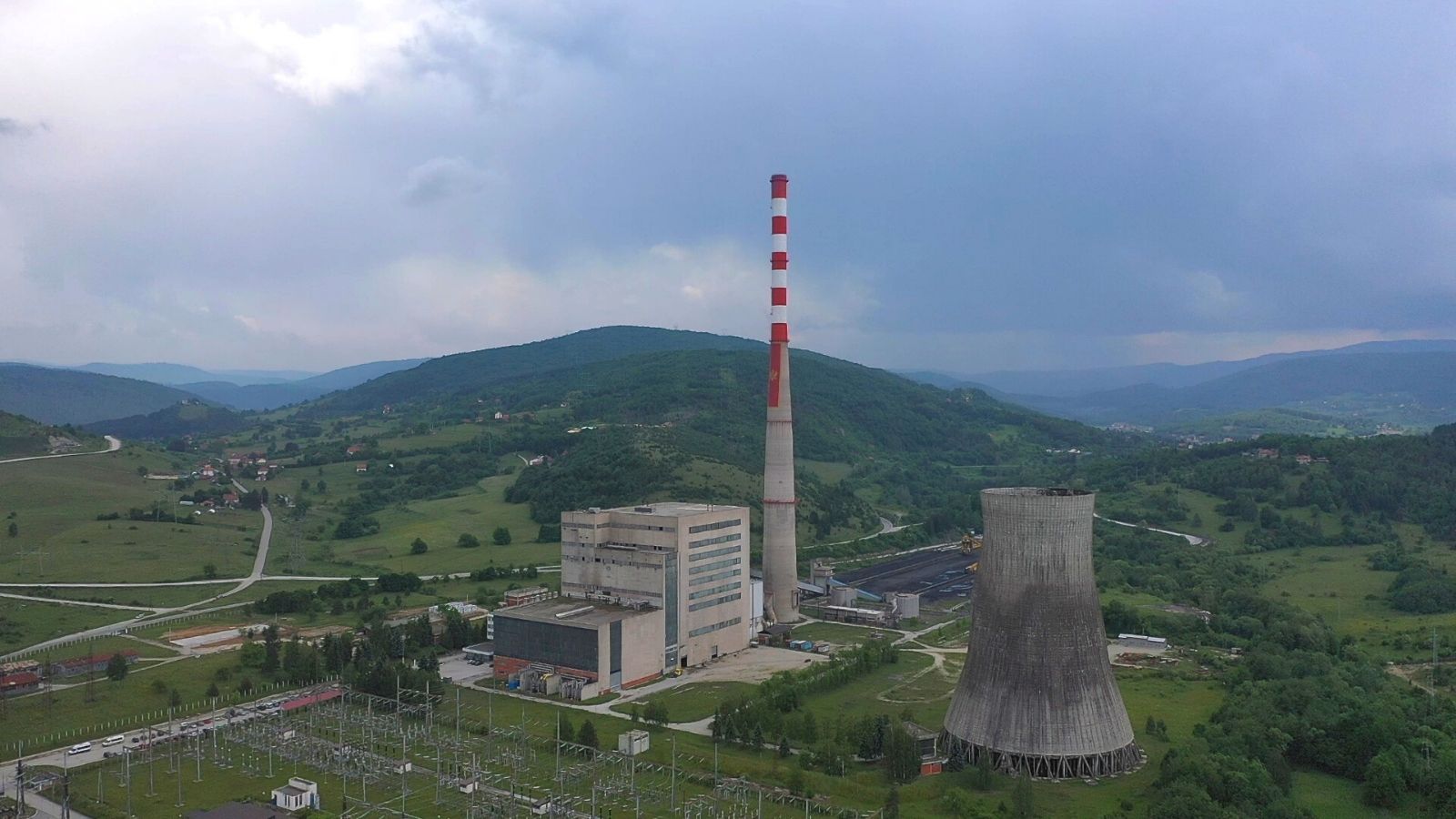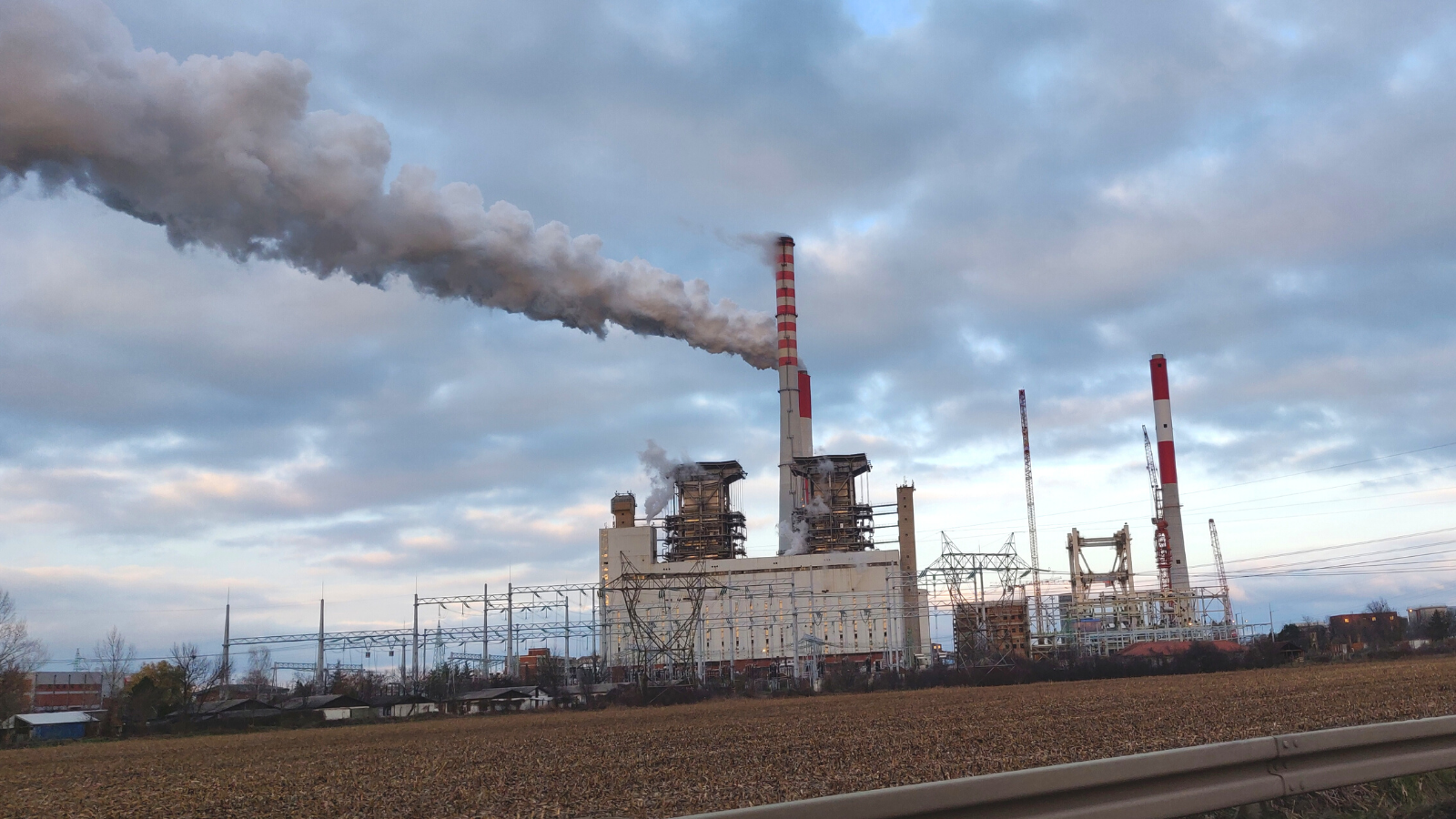Fossil fuels are fast losing their social license. It is becoming increasingly evident that countries’ continued reliance on dirty hydrocarbons escalates the climate crisis, worsens air pollution and enables war.
Long touted as a ‘bridge fuel,’ fossil gas now needs to be recognised by policymakers for the hurdle to the energy transition that it is, and multilateral development banks should urgently end support for gas projects and gas-dependent companies.
The energy transition has to be just and fast, with citizens, municipalities and workers as critical participants in the process. We are working to ensure no more public money is spent on coal, and public finance is used to accelerate this transition.
Stay informed
We provide updates in English from the Balkans and other coal regions.
IN FOCUS
Fossil gas
Fossil gas is the new coal. Although often labelled ‘natural,’ fossil gas is a major driver of the climate crisis. There is no more room for new investments in fossil gas projects if we are to avert the worst impacts of the climate crisis and set a path towards decarbonisation.
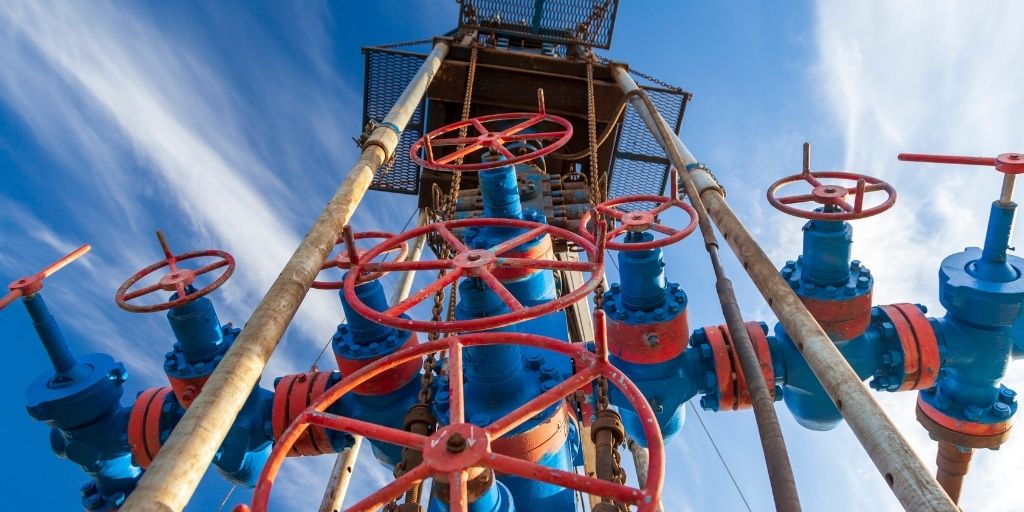
District heating
District heating and individual heating are still dominated by fossil fuels and inefficient burning of wood without regard to sustainability criteria, in combination with a low degree of energy efficiency. This has to change, since heating plays a crucial role in the transition into a clean and zero-carbon economy.
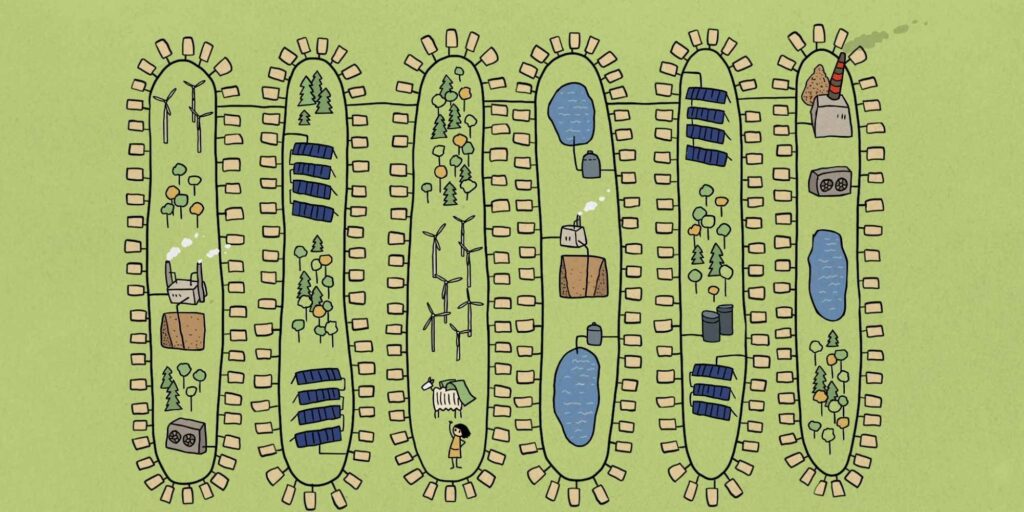
Just transition
No one should be left behind when we reconstruct our world into one driven by clean energy. Working on just transition brings all actors who believe in fair regional redevelopment to the same table: unions, industry, public administration, governments, civil society and others sharing this goal.

Documentary: Turning the Tide
Our documentary exposes, for the first time, the extent of financial support four of the world’s leading multilateral development banks (MDBs) – the World Bank, the European Investment Bank, the Asian Development Bank and the European Bank for Reconstruction and Development – have been providing to the global fossil fuels industry over the past 13 years.
Our analysis shows that since 2008, the oil, coal and gas business has been enjoying no less than EUR 81.5 billion in support from these government-owned financial institutions in the form of loans, grants, credit lines and guarantees.
Coal projects
Ugljevik power plant, Bosnia and Herzegovina
Commissioned in 1985, the 300 MW coal power plant in Ugljevik, Bosnia and Herzegovina, has become famous for emitting more sulphur dioxide than all of Germany’s coal power plants in 2019.
Pljevlja I power plant, Montenegro
The existing 225 MW Pljevlja thermal power plant in the north of Montenegro, near the borders with Serbia and Bosnia-Herzegovina, has been operating since 1982. The plant was originally planned to comprise two units but the second one was never built. The plant, along with the extensive use of coal and wood for heating, has caused unbearably bad air quality in the town.
Kostolac B power plant (B1, B2), Serbia
The Kostolac B power plant, consisting of 2 units of 350 MW each, first entered into operation in 1987. In 2022, the plant delivered 4388 GWh of electricity to the grid, nearly 20 per cent of the country’s coal-based generation.
Latest news
EBRD approves EUR 98.6 loan for disputed fossil gas mega pipeline in North Macedonia
Press release | 25 April, 2024The European Bank for Reconstruction and Development (EBRD) yesterday approved a EUR 98.6 million loan for a fossil gas pipeline that would allow North Macedonia to increase its gas consumption by three to six times compared to 2021, its highest-consuming year so far. (1)
Read moreNGOs request investigation into EBRD loan for North Macedonia mega gas pipeline
Press release | 25 March, 2024Environmental watchdogs CEE Bankwatch Network and Eko-svest have today asked the European Bank for Reconstruction and Development’s (EBRD) redress mechanism to investigate a planned loan for a major new fossil gas pipeline from Greece to North Macedonia.
Read moreBar’s battle: Montenegrin town rising against LNG project
Blog entry | 5 March, 2024Plans to build a fossil gas import terminal on Montenegro’s coast, with backing from the European Commission, endanger the country’s fossil fuel phaseout. Growing local opposition to the project also underlines poor public participation in the process.
Read moreRelated publications
Money, and the EU’s climate agenda, to burn: EBRD mining strategy on a carbon collision course
Bankwatch Mail | 9 October, 2012 |With the EBRD due to sign off on its new mining strategy in November this year, 22 MEPs have pointed out in an open letter to European commissioners that given the state of the policy draft the bank risks contradicting the EU Resource Efficiency Roadmap and responsible mining principles. At risk of being compromised too, Bankwatch believes, are the EU’s 2020 strategy and EU commitments on climate change and biodiversity protection.
Croatian coal power plans advancing despite legal violations and economic unfeasibility
Bankwatch Mail | 8 October, 2012 |It has been a busy time of late for the planned EUR 800 million, 500 MW Plomin C coal power plant. The Croatian government is pressing ahead with the project under the assumption that it will – along with the equally controversial EBRD-financed Ombla hydropower plant – save Croatia’s ailing economy. Yet it is far from certain who will actually participate in the project, let alone finance it.
Open letter to Serbian president: Protect our property in the Vreoci cemetery
Advocacy letter | 4 October, 2012 | Download PDFThe letter is asking the Serbian government to protect Vreoci community property in the Vreoci cemetery and especially an orthodox chapel that is property of Vreoci citizens.
